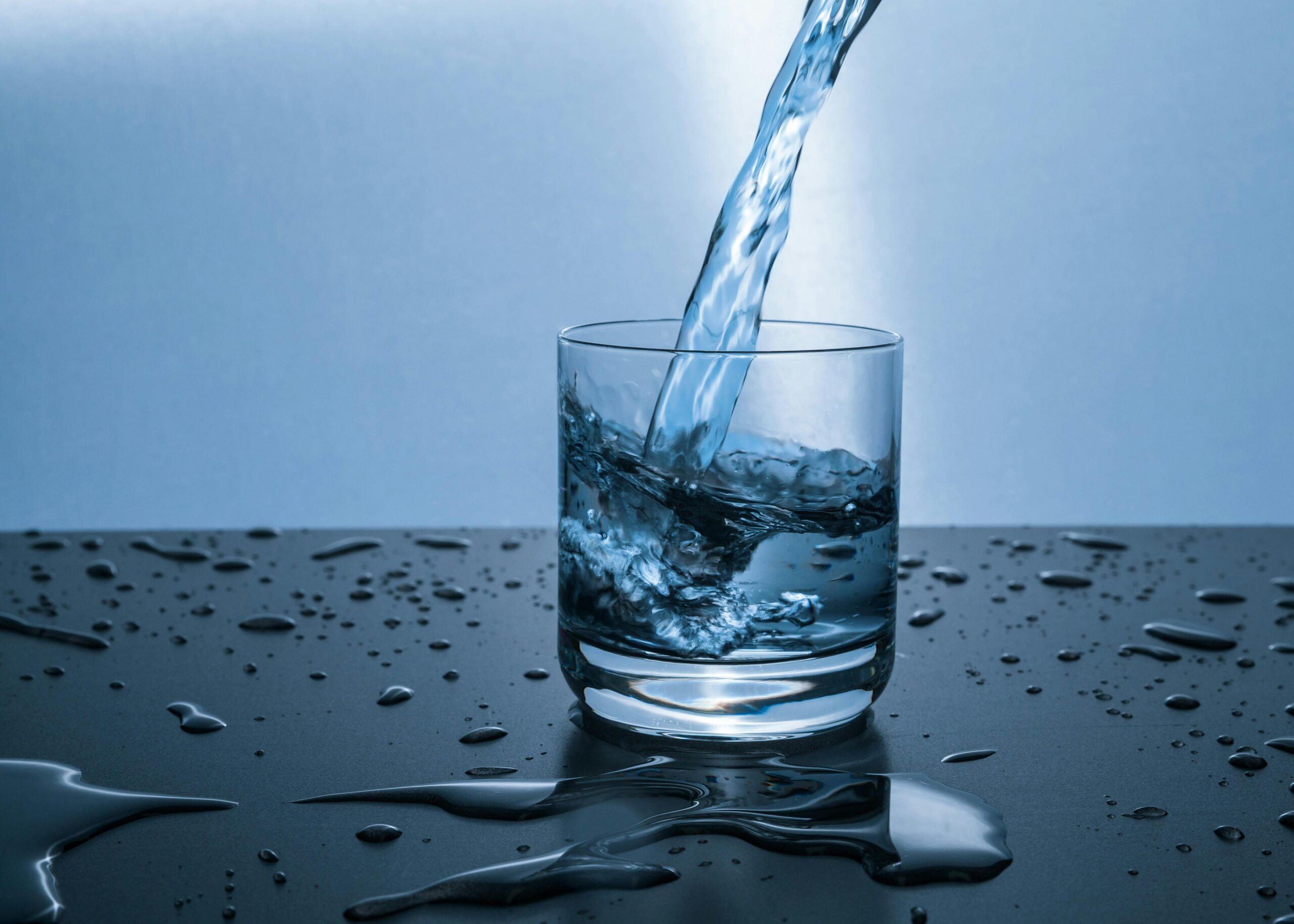Essential Hydration and Nutrition Tips to Beat the Heat

Essential Hydration and Nutrition Tips to Beat the Heat
When the temperatures rise, your body works overtime to stay cool. If you’re not supporting it with the right hydration and nutrition, you’ll feel it—fast. Whether you’re training outdoors, walking in the sun, or just trying to get through your workday, summer heat can zap your energy and throw off your digestion, focus, and performance.
As a functional nutritionist and sports dietitian, I help clients build strategies to thrive in extreme conditions. In this article, you’ll learn how to stay ahead of dehydration, fuel your body wisely, and avoid common mistakes that make the heat feel worse than it needs to.
1. Hydration Is More Than Water
Sweat is more than water—it’s loaded with electrolytes like sodium, potassium, and chloride. Drinking plain water may not be enough to truly rehydrate you, especially if you’re eating a mostly whole-food diet or sweating regularly.
Try this:
-
Start your morning with 16 oz of water, a squeeze of lemon, and a pinch of sea salt.
-
Before workouts: Sip 8–16 oz of water with electrolytes about 1–2 hours prior.
-
During activity: Aim for 3–8 oz every 15–20 minutes if you’re working out in heat or humidity.
-
After exercise: Replace about 20–24 oz of fluid per pound of sweat lost.
Coconut water with a pinch of sea salt, diluted tart cherry juice, or an unsweetened electrolyte mix can work well. Choose options without added sugar or artificial sweeteners for best results.
👉 Learn more about coffee and hydration here
2. Sodium: Friend, Not Foe
When you sweat, you lose sodium—and that loss can impact everything from muscle function to blood pressure and energy levels.
Natural ways to maintain sodium balance:
-
Use sea salt when cooking or seasoning meals
-
Include fermented foods like sauerkraut, kimchi, or miso
-
Enjoy light broth-based snacks or drinks, especially in the afternoon
If you’re dealing with muscle cramps, headaches, or “heavy legs,” don’t overlook sodium as part of your recovery plan. Read more on Hydration for the Serious Athlete.
3. Eat to Cool Your Core
Your food choices directly impact how your body handles the heat. Digestion creates internal heat (thermogenesis), so large, heavy meals can make you feel sluggish and overheated.
Cooling, hydrating foods to focus on:
-
Fruits and vegetables high in water: watermelon, cucumber, tomatoes, berries, citrus
-
Leafy greens: romaine, spinach, arugula, butter lettuce
-
Light proteins: grilled fish, lentils, tofu, Greek yogurt
-
Fresh herbs: mint, basil, cilantro, parsley
Try eating smaller, more frequent meals with balanced macros to support energy without overloading your digestive system.
4. Train Smart in the Heat
Hot weather doesn’t mean skipping workouts—it just means adjusting your timing and intensity.
Tips for heat-friendly exercise:
-
Train early in the morning (before 10am) or after sunset (after 7pm)
-
Reduce intensity or duration during peak heat
-
Choose shaded areas or move your session indoors
-
Use cooling strategies post-workout (cool baths, misting sprays, chilled washcloths on your neck)
Your body will thank you—and your recovery will be faster.
5. Support Recovery with Key Nutrients
Summer heat increases oxidative stress and nutrient loss. Replenishing key micronutrients is essential if you’re active—or just sweating more than usual.
Focus on:
-
Magnesium: leafy greens, pumpkin seeds, black beans
-
Potassium: bananas, sweet potatoes, avocados, coconut w
-
Antioxidants: blueberries, cherries, red bell peppers, tomatoes
These nutrients work together to regulate fluid balance, reduce inflammation, and support muscle and nerve function.
Want More Energy This Summer? Let’s Talk.
If you’re struggling with energy dips, heat fatigue, or inconsistent performance, your nutrition could be the missing link.
👉 Book a 1:1 Nutrition Consultation with Barbara Lewin, RD, LD, CSSD
Together, we’ll fine-tune your hydration, fueling, and recovery plan—so you can feel strong, clear, and energized all summer long.
Related Article:
Don’t just survive the heat—adapt to it. With the right nutrition and hydration plan, you can train smarter, feel better, and stay resilient all summer long.
